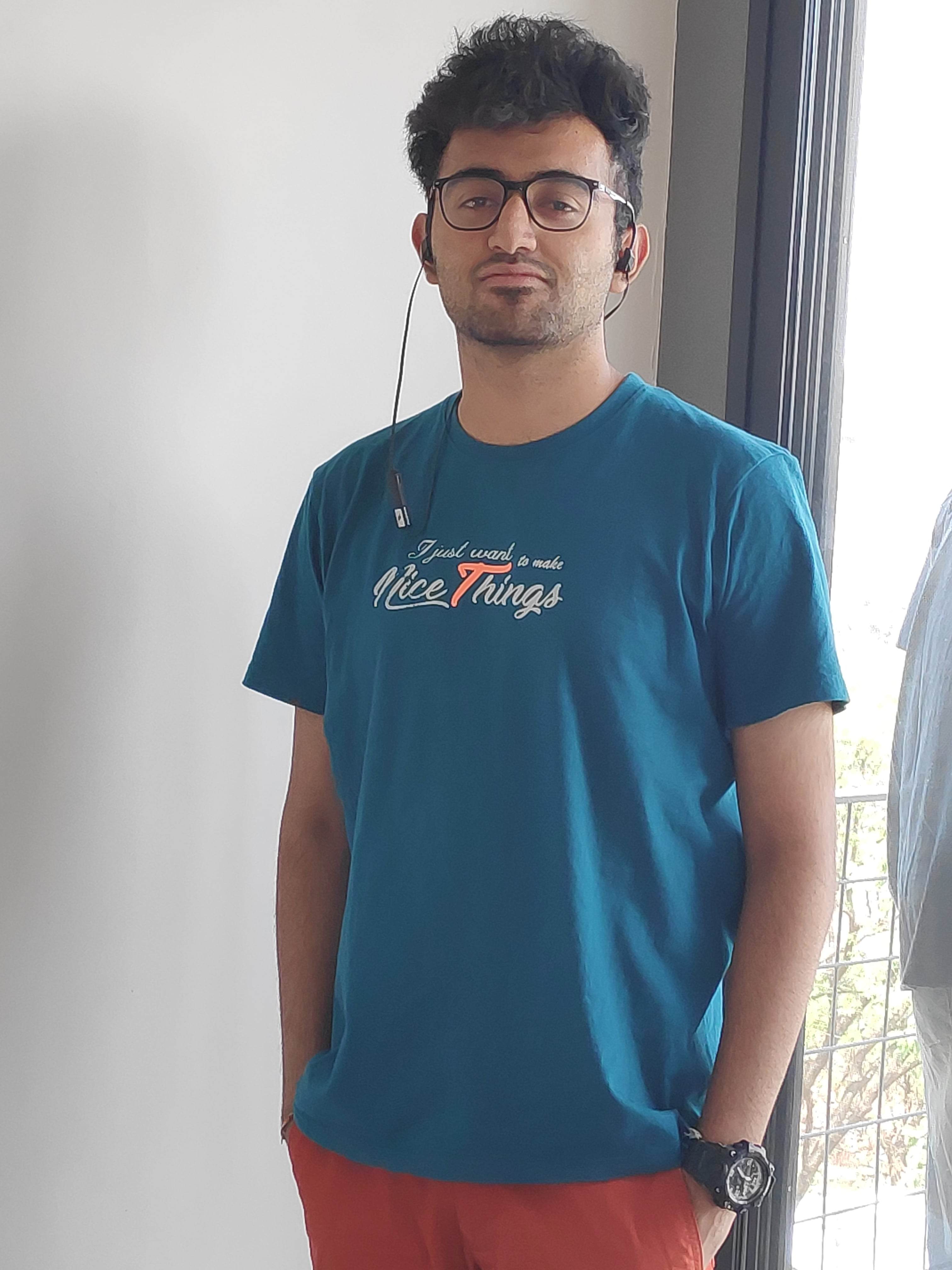Learning Hard Distributions with Quantum-enhanced Variational Autoencoders
Published in IEEE Quantum Week (submitted), 2023
An important task in quantum generative machine learning is to model the probability distribution of measurements of many-body quantum systems. Classical generative models, such as generative adversarial networks (GANs) and variational autoencoders (VAEs), can model the distributions of product states with high fidelity, but fail or require an exponential number of parameters to model entangled states. In this paper, we introduce a quantum-enhanced VAE (QeVAE), a generative quantum-classical hybrid model that uses quantum correlations to improve the fidelity over classical VAEs, while requiring only a linear number of parameters. We provide a closed-form expression for the output distributions of the QeVAE. We also empirically show that the QeVAE outperforms classical models on several classes of quantum states, such as 4-qubit and 8-qubit quantum circuit states, haar random states, and quantum kicked rotor states, with a more than 2x increase in fidelity for some states. Finally, we find that the trained model outperforms the classical model when executed on the IBMq Manila quantum computer. Our work paves the way for new applications of quantum generative learning algorithms and characterizing measurement distributions of high-dimensional quantum states.
I acknowledge support from the KVPY fellowship and IISER Pune
The full research work summary can be found on arxiv
